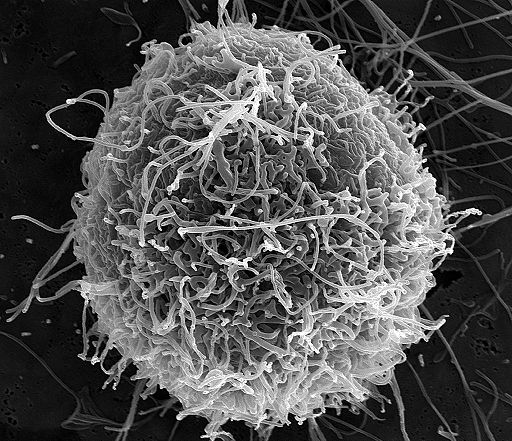Efsa: no evidence Ebola could be transmitted through food in EU
There is no evidence the Ebola virus can be transmitted through food in the European Union, according to a report by EFSA scientists published this week.
They assessed the risk of Ebola being transmitted via consumption of raw foods such as fruit and vegetables that have been legally imported into the EU from Africa.
Not only have there been no reported human cases of Ebola infection from the consumption of these foods, neither have any of the following been reported, which the Efsa experts say would be necessary for the virus to be transmitted though food:
- the exported food would have to be contaminated at the point of origin;
- it would need to contain a viable virus (“capable of surviving”) on arrival in the EU;
- the person would have to be infected following foodborne exposure.
However, the scientists identified some knowledge and data gaps – for example for how long the virus could survive in food.
Outbreaks of Zaire Ebola virus disease have been reported in nine countries so far – Democratic Republic of Congo, Republic of Congo, Gabon, Guinea, Liberia, Mali, Nigeria, Sierra Leone and Senegal. All these countries can export fruits and vegetables into the EU, with the exception of potatoes.
Read: An update on the risk of transmission of Ebola virus (EBOV) via the food chain – Part 2
Image: NIAID (Ebola Virus Particles) via Wikimedia Commons


